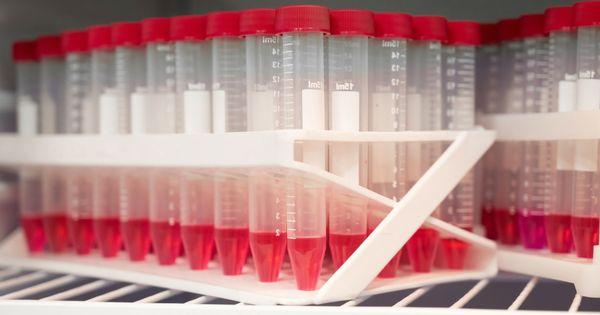
Chemical storage in laboratory settings includes facilities that fit the substance’s needs. It also prevents volatile chemical reactions. Read our brief overview of modern chemical storage practices for more information.
(more…)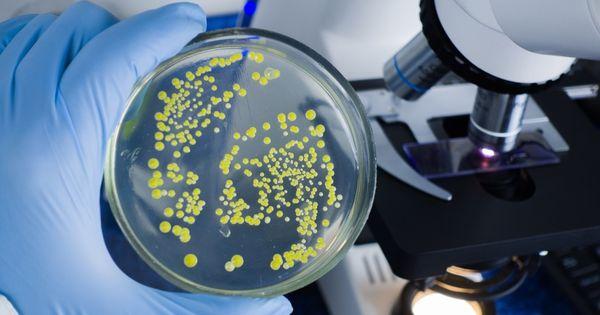
Modern medicine treats diseases and helps people live longer, healthier lives. In particular, radioisotopes treat cancer by targeting specific tissues. For more information, learn about the common applications and effects of radioisotopes.
(more…)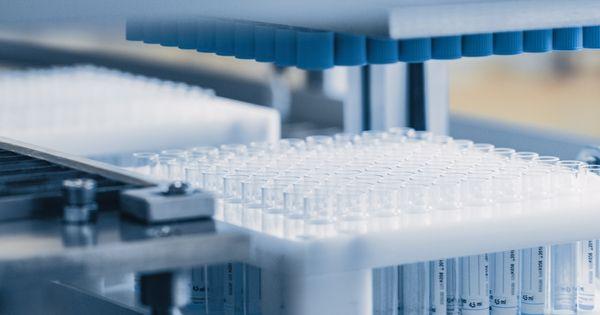
Reliability and consistency are key in pharmaceutical development. However, issues can arise, affecting medications and clinical trials. Learn more about some common API mistakes and how to avoid them with this comprehensive guide.
(more…)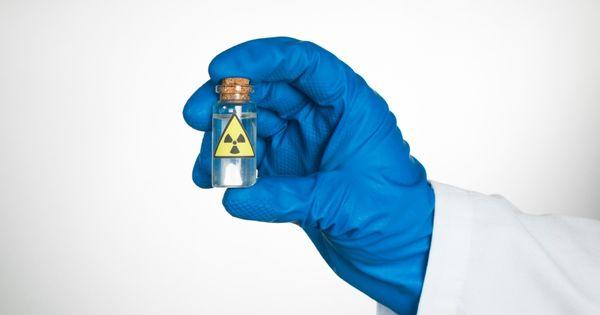
Nuclear magnetic resonance (NMR) and mass spectrometry (MS) are two vital methods of identifying and analyzing compounds within a chemical sample. These processes enable researchers to learn more about the samples they’re working with and ensure quality for custom radiolabeled compounds. Learn more about how NMR and MS are used in custom radiolabeling with this overview.
(more…)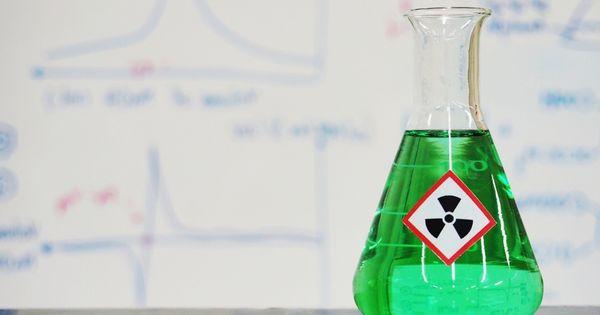
Chemists have been radiolabeling for years. Radiolabeling uses various methods to measure many things, including enzyme activity. This blog will help you understand radiolabeling and a few different strategies. Continue reading for a closer look.
(more…)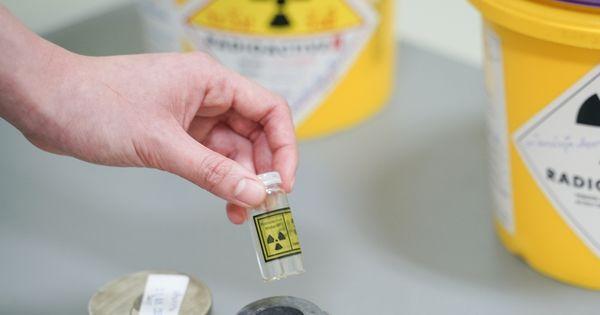
The medical industry has made large advancements since the beginning of society. Vaccines have made it possible to say goodbye to specific diseases. We’re all living longer and healthier lives thanks to modern medicine.
(more…)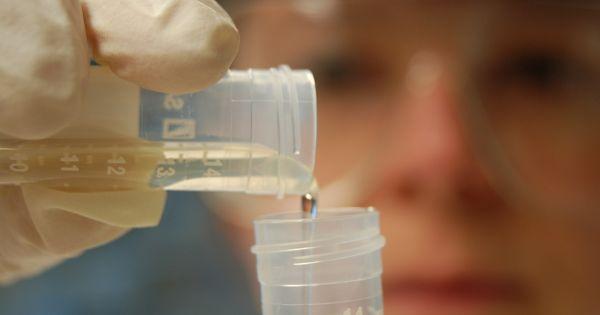
Purity is the absence of contaminants in a substance. Matter is more efficient when pure, and there are different methods to determine if a substance is pure. Here’s a brief look at how chemical purity is determined.
(more…)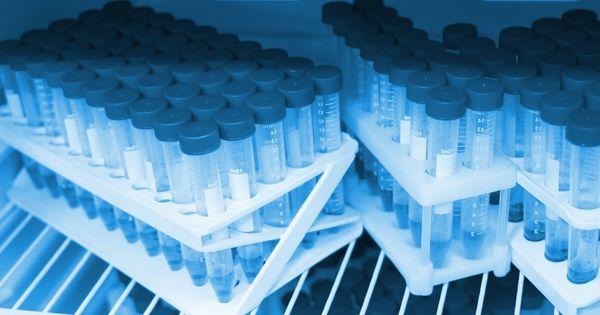
Everyone who works closely with drugs knows the importance of properly dispensing pharmaceuticals. Mistakes can cause harm to a consumer’s well-being if manufacturers and storage facilities don’t follow strict protocols.
Continue reading to understand the crucial role temperature plays in cGMP API storage. This article will provide insight into this aspect of the pharma industry.
(more…)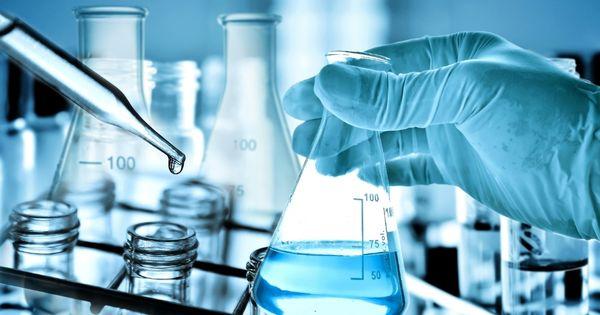
Understanding chemistry can be challenging. Maybe you’re new to the chemistry world and trying to understand the relationship between HPLC and non-GLP compounds. But what are HPLC and non-GLP? This blog post will help explain more regarding the subject.
(more…)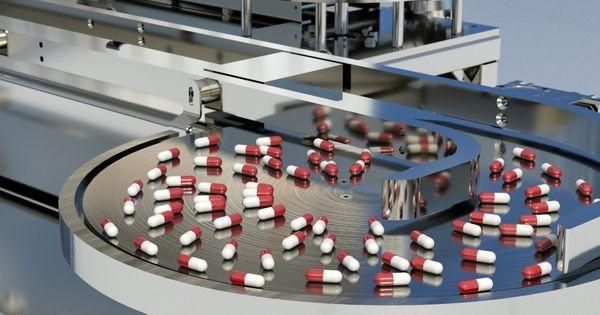
Food safety affects everyone. You may or may not have heard of the acronym GMP. It’s a system that ensures products meet strict standards. A lot goes into it, and different industries utilize GMP certifications.
(more…)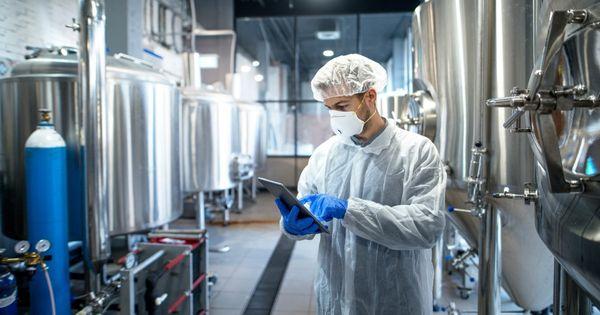
Every GMP-certified pharmaceutical manufacturer will encounter an audit for their GMP certification at some point. Things change, so these audits hold every business accountable. This is especially important in pharmaceuticals, as pharmaceutical quality affects consumers who take medication.
Sometimes, however, companies fail their GMP certification—find out the common reasons this happens below.
(more…)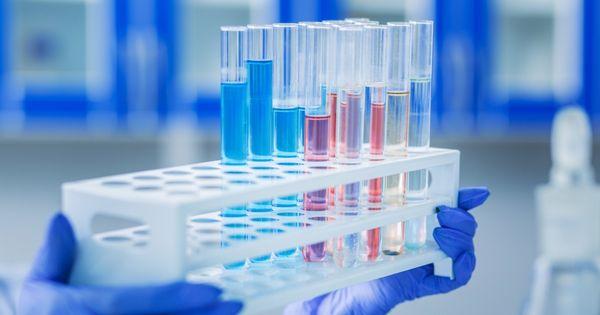
Metabolism describes how the body reacts to, breaks down, and uses various substances. In the context of pharmaceuticals, the body’s metabolism is what changes the chemical structure of a drug. This either renders the drug inactive so the body can excrete it or activates the drug to provide the desired effect on the body.
(more…)